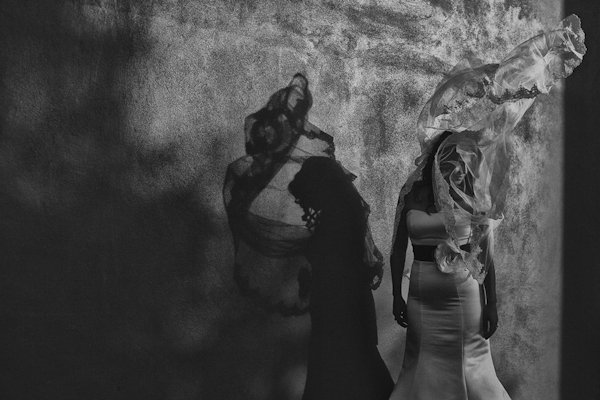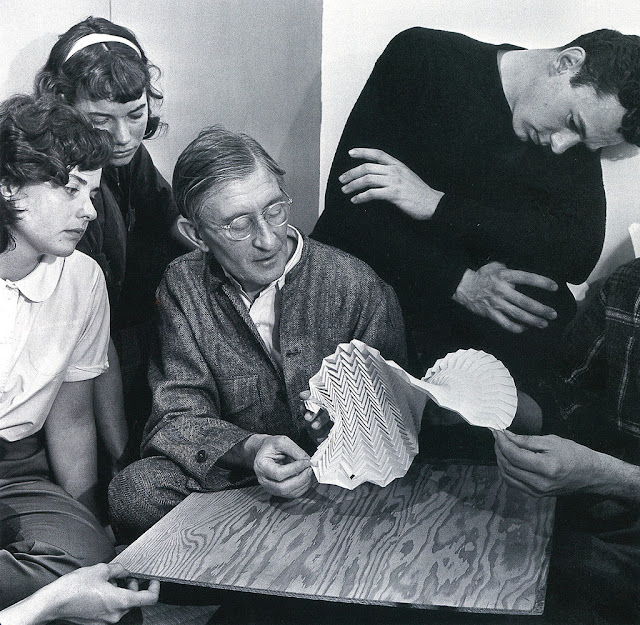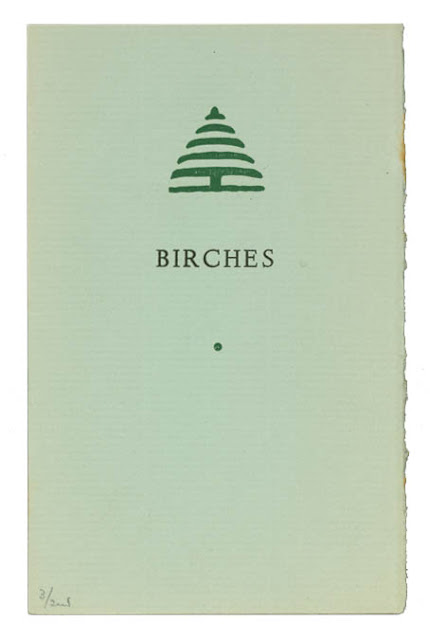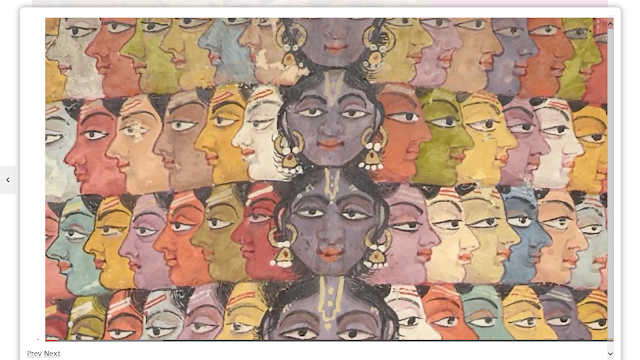Meeting
In Defense of Anonymity
(Letter to George B. Moore, denying him an interview)
I don’t know why we write, dear George.
And at times I wonder why we later publish
What we’ve written.
I mean, we throw
A bottle into a sea filled
With garbage and bottles full of messages.
We’ll never know
To whom the seas will deliver it, nor where.
What’s more likely
Is that it will succumb in the storm and the abyss,
In the sand below that is death.
And yet
This grimace of a man adrift isn’t so useless.
Because one Sunday
You phone me from Estes Park, Colorado.
You say you’ve read everything in the bottle
(across the seas: our two languages).
And you want to interview me.
How can I explain that I’ve never given an interview,
That my wish is to be read, not “famous,”
That what is important is the text and not its author,
That I don’t believe in the literary circus?
Then I receive a long telegram
(how much must have been spent to send it).
I can’t answer and can’t not answer.
And these lines come to me. It’s not a poem.
It doesn’t aspire to the privilege of poetry
(it’s involuntary).
And I’m going to use verse, as the ancients did,
As the instrument for
(anecdote, letter, drama, story, agricultural manual)
All that we say in prose today.
To begin not to answer you I will say:
I have nothing to add to what is in my
poems,
I’m not interested in discussing them, my
“place in history” (if I have one) doesn’t concern me
(sooner or later disaster
Awaits us all).
I write and that’s it. I write. I provide half of the
Poem.
Poetry isn’t black signs on a white page.
I call poetry that place of the meeting
With another’s experience. The reader
Will, or will not, fill out the poem I have only sketched.
We don’t read others: we read ourselves into them.
It seems a miracle to me
That someone I don’t know can see himself in my mirror.
“If there is merit in this,” Pessoa said,
“it belongs to the lines and not to their author.”
If by chance he’s a great poet,
He will leave four or five worthwhile poems
Surrounded by failures and discarded drafts.
His personal opinions
Are really of very little interest.
Strange this world of ours: each day
It’s interested more in poets
And less in poetry.
The poet has ceased to be the voice of his tribe,
He who speaks for the speechless.
He’s become one more entertainer.
His drunken bouts, fornications, his medical
History,
His alliances or rights with the other clowns in the circus,
Or with the trapeze artist or elephant trainer,
Have guaranteed him numerous fans
Who no longer need to read the poems.
I keep thinking
That poetry is something else:
A form of love that exists only in silence,
In a secret place between two people,
Almost always between two strangers.
Perhaps you’ve read that Juan Ramon Jimenez
Planned to put out a magazine fifty years ago.
It was going to be called Anonymous.
He would publish texts, not names
And it would be made up of poems, not poets.
Like the Spanish master, I want
Poetry to be anonymous because it’s collective
(that’s how my verses and versions are).
Possibly you’ll say I’m right.
You who’ve read me and don’t know me.
We’ll never see each other, but we’re friends.
If you liked my poems
What’s the difference if they’re mine / another’s / no one’s.
In reality the poems you’ve read are yours:
You, their author, who invent them as you read them.
~ Jose Emilio Pacheco










Comments
Post a Comment